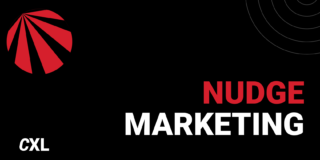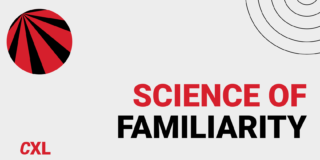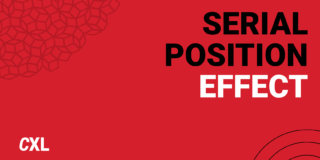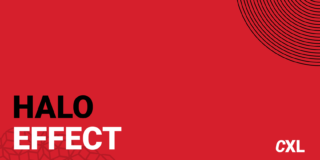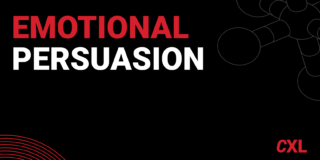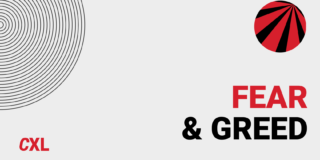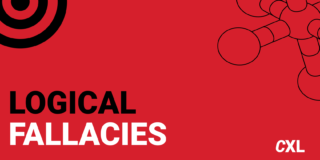The scarcity principle: 18 product scarcity examples that can boost sales
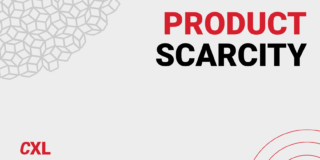
It’s a cultural trope to “want what you can’t have,” but it’s also a principle based on decades of psychological research.
That principle, scarcity, is incredibly powerful in marketing, persuasion, and conversion optimization—when done right, especially in a free market with limited resources. If people believe that they’ll be missing out on something, they’ll be prompted to act more quickly to get it.
